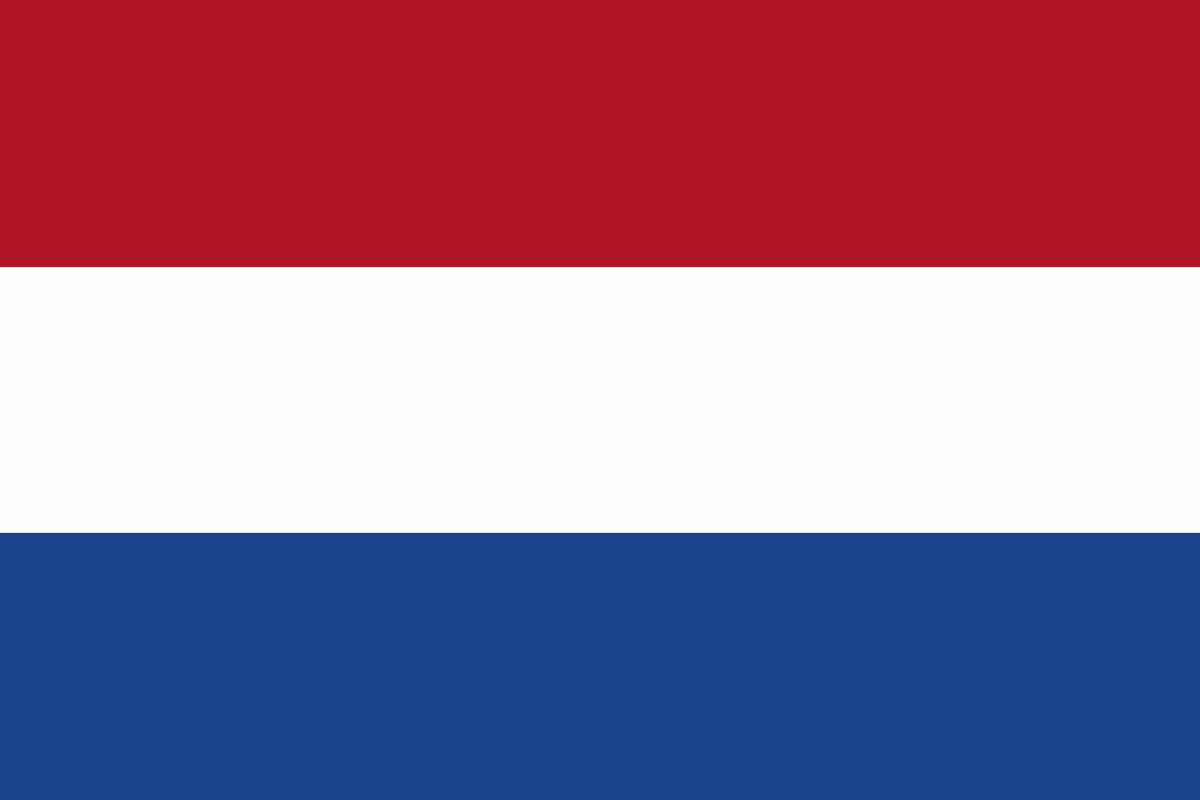As a global insurer and reinsurer with diverse and complex operations and supply chains, we recognise that we have the potential to negatively impact human rights, causing harm to individuals and communities. Any actual, or potential, violation of human rights is likely to have multifaceted risk consequences, such as reputation, brand, financial, legal, regulatory and operational risk. QBE rejects any form of slavery and takes measures to prevent modern slavery risk across our operations and supply chain.
Our Group Human Rights Policy provides an overview of how QBE manages a range of sensitive human rights topics across the business as part of our existing policies, procedures, frameworks and decision making.
Read our Group Human Rights Policy
The Group Board oversees human rights and modern slavery-related issues at QBE in line with our broader approach to sustainability.
Across QBE, various teams are responsible for integrating human rights and anti-modern slavery considerations across the business. Our Group Sustainability team works collaboratively with the Group ESG Risk, Group Impact and Responsible Investments, Group Chief Underwriting Office, Group Third-Party Risk Management, Group Legal and Group People teams to effectively consider and embed human rights and reduce modern slavery risks across our operations and processes. Further information about sustainability governance can be found here.
Integrating human rights into our core business
Human rights apply to all our employees and we ensure QBE’s policies describing the rights of our employees are made available to them. We expect our employees to respect human rights and avoid human rights harm throughout their employment, as outlined in the Group Code of Ethics and Conduct. At QBE, we are committed to continually improving our employee experience, wellbeing, safety, and workplace environment, wherever our people are located. We strive for a culture that embraces diversity, seeks feedback, and encourages people to speak up. Building a culture that supports and enables us to achieve our purpose, vision and strategy is a strategic priority for our business.
We provide our employees with training, education and online resources on discrimination and appropriate workplace behaviour. Consistent with local employment laws, across our global operations, 29.3% of our employees are covered by collective bargaining agreements. All our employees have the right to freedom of association.
We continue to embed human rights considerations in our investment portfolio strategy. We factor ESG considerations into our investment analysis and decision-making processes including human rights and anti-modern slavery. For our credit analysis due diligence, we consider a range of data points focused on human rights policies, controversies, labour standards, and diversity, equity and inclusion. These data points are sourced from our third party ESG data provider and public disclosures. For our external manager due diligence process, we require our external managers to respond to our due diligence questionnaires and provide relevant supporting documentation. Our questionnaire includes a range of questions focused on how human rights and modern slavery considerations are considered in the manager’s investment process.
The QBE Foundation seeks to create strong, resilient, and inclusive communities across the globe where human rights are respected. We work in partnership with community organisations, guided by our global strategy, with a focus on climate resilience and inclusion - two areas where we believe we can have the greatest impact.
Our Global QBE Foundation Terms of Reference helps guide the governance, strategy and activities of the Foundation. This specifically references our Group Human Rights Policy, including the need for our divisional teams to conduct due diligence processes for new community partnerships as we enter into agreements to consider human rights risks. Our Group Human Rights Policy and Supplier Code of Responsible Conduct are shared with our partners as part of the partnership onboarding process. Further information about our work in the community can be found on our QBE Foundation page.
QBE aims to mitigate any potential adverse impacts arising from our operations by taking appropriate action, including the leveraging of our business relationships. In 2024, we replaced our Supplier Sustainability Principles (SSPs) with the Supplier Code of Responsible Conduct (Supplier Code). The Supplier Code sets out QBE’s responsible conduct expectations: the key environmental, social and governance principles that we want our suppliers to uphold. This includes prohibiting human trafficking, slavery, servitude, debt bondage, forced or involuntary labour or child labour within their own supply chains and practices, as well as complying with applicable human rights, modern slavery, employment, and health and safety laws and regulations.
QBE’s Third-Party Risk Management (TPRM) Policy and Minimum Standards provide a consistent framework across our enterprise to conduct third party risk assessments covering risk domains such as modern slavery. Risk assessments occur prior to onboarding and are repeated periodically, giving us visibility of potential modern slavery risks in our supply chains. Our approach to TPRM considers various human rights related issues through risk domains, including modern slavery, privacy, financial crime and conduct risk.
For further insight into our supply chain due diligence, refer to our annual Modern Slavery and Human Trafficking Statement.

 QBE Re
QBE Re
 Hong Kong
Hong Kong
 India
India
 Macau
Macau
 Mainland China
Mainland China
 Malaysia
Malaysia
 Philippines
Philippines
 Singapore
Singapore
 Vietnam
Vietnam
 Australia
Australia
 New Zealand
New Zealand
 Denmark
Denmark
 France
France
 Germany
Germany
 Italy
Italy
 Netherlands
Netherlands
 Spain
Spain
 Sweden
Sweden
 UK
UK
 United Arab Emirates
United Arab Emirates
 Canada
Canada
 USA
USA
 Pacific Islands
Pacific Islands
 Fiji
Fiji
 French Polynesia
French Polynesia
 Solomon Islands
Solomon Islands